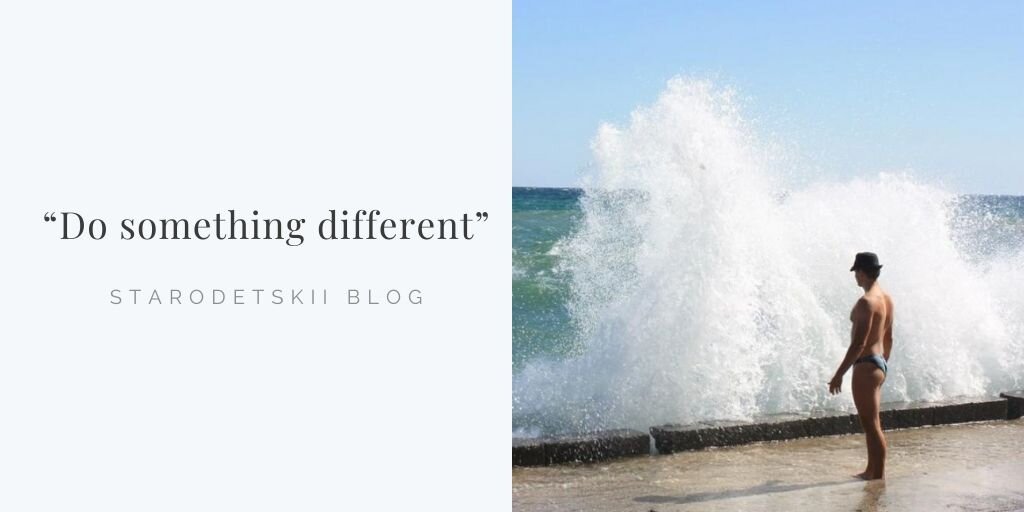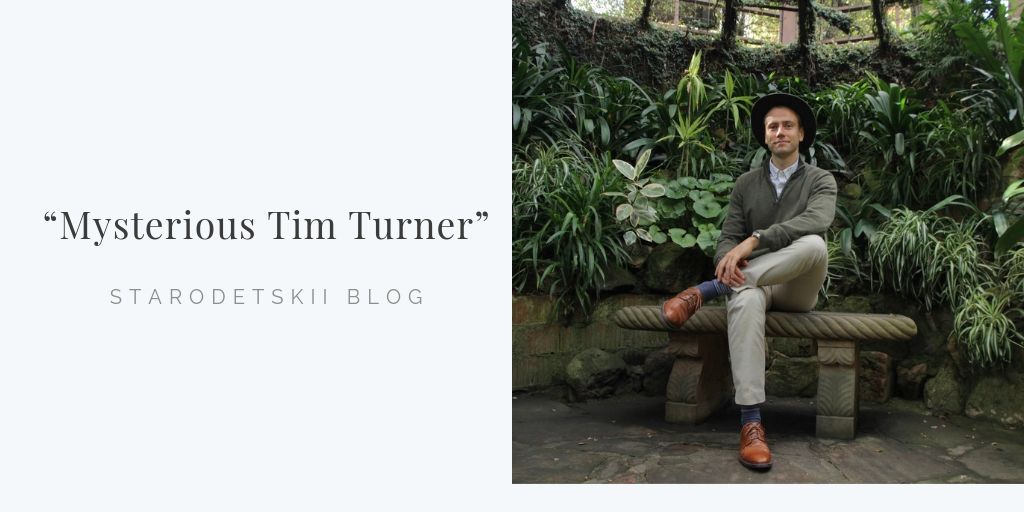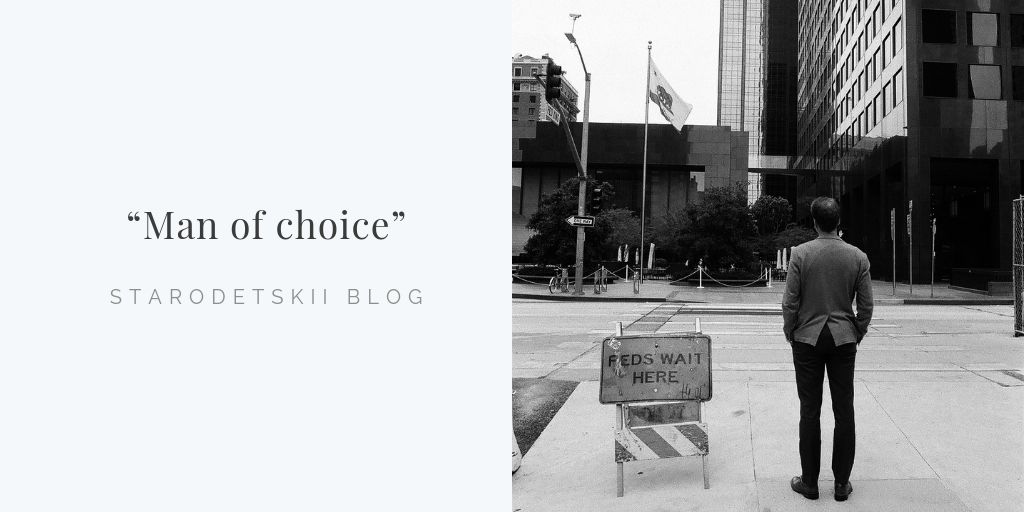Work, Finish, Publish!
Konstantin Starodetskii
Work, finish, publish! This is the mantra I repeat to myself each time I feel like I’m not sure whether I’m capable of completing a project. When you create a piece of art, the main idea is to share your message with the world. You can do it through books, fine art, or movies. Any medium you want is at your disposal. The process will be the same for all of them - work, finish, publish.
You can come up with the most creative and innovative idea in the world, but if you only dream about it, no one will see it.
As the great Bruce Lee once said:
“Knowing is not enough, we must apply. Willing is not enough, we must do."
Let’s move to the first one: Work.
When I was in the tenth grade, I was preparing for a swim competition, and our team captain Venera was an ex-Deputy Police Chief. Even though her name means Love, Beauty, and Charm, she was none of those things when she was preparing us for competition. During our team’s swimming sessions, she wouldn’t tolerate any procrastination.
When we’ve been exhausted from muscling through the laps in an Olympic-size swimming pool and barely could raise our hands, Venera would march from another side of the pool. To us, it appeared as if she was a lioness who was approaching her prey. At the end of the session, we felt that we'd done some serious training, and Venera showed her love to us by giving us new cool sports uniforms.
Next week we won the competition and were hugging Venera for that. All that happened because we worked hard. Or to be fair, have been pushed to work hard by Venera. Force yourself to work hard or find your Venera.
Which segues to: Finish.
This one appears to be the hardest for the majority of creators. Because we afraid of saying, even to ourselves, “That’s it! That’s all I got at this moment.”
Neil Gaiman puts it nicely:
“Whatever it takes to finish things, finish. You will learn more from a glorious failure than you ever will from something you never finished.”
I learn the importance of this step from, literally, crossing the finish line at a Spartan Race. Because the moment you do so, you realize all the things that you could’ve done better: train more often, eat cleaner, and had better recovery.
Our fears trigger procrastination, and therefore, nothing gets done. Our fears, even if we deny them, are the true reasons for our dawdling. Every single individual on planet Earth has a creative side of the brain. The reason that only a few people become known is that they spend their time working on developing an idea, then they have the confidence to complete it, and at the end of the process, the courage to release it into the world.
All of the artists and creators are aware of the fact that some people won't like their work. They don't let the opinion of the critics to guide their creative process.
That leads to the final step: Publish.
In my college years, I used to perform in theater plays. One time, we went for a national theater competition where I’ve learned the significance of this idea. The size and scope of the theater were phenomenal - over a thousand people were the audience, mostly students from all over the country. I had to perform two plays, one was a comedy, and the other was drama.
When it came time for the comedy one, I was incredibly nervous. I felt the humongous size of the audience by sensing the volume of their applause for the previous play. There were three other actors in the same play with me. When it was time for us to step on the stage, the first thing I did when I saw the audience in front of me - I entirely forgot my lines.
The three other actors were staring at me and expecting my reaction. I thought it was the moment when I died. I started to improvise in the worst possible way. As I was doing it, someone from the audience whispered, “This is not funny,” which killed me a second time in a row. When the play was over, I rushed out of the stage, as if the audience was hunting me.
I think it was the moment when I seriously considered signing up for the one-way Mars mission that was going on at that time. If you’ve seen Quentin Tarantino’s, “Once upon a time in Hollywood,” there was a scene where Leonardo Di Caprio character going through a meltdown in his trailer, that was something I did when I exited the theater building.
The worst thing was that I have to do the second play the next day! So, after a day of hiding around the campus, I decided to stop fooling around and learn something from my glorious failure. I went to the rehearsal room and put my best into becoming the character so, if I forget the lines, I could continue anyway.
Second day, the environment is similar to the comedy play, tons of people in the audience, and now our turn to step on the stage, and... I said the first lines that I supposed to say. I was doing quite well, and I overcame the fear of forgetting the lines again. I felt like the audience was actually watching us and reacting to the right moments, which was an incredible sensation.
By the time I finished my monologue, I heard someone in the audience whispered, “He’s good.” That was the moment I was born again. That day I learned the lesson that will stay with me for the rest of my life, “The only way to grow fast is to fail.”
When you complete your theater play, there are no extra drafts - that’s all you got, and people just saw it. When you write, however, we tend to write forever, not because it takes us that long, but because we’re afraid to show our work.
And if there's no real deadline in combination with some life-threatening stakes. This process can go endlessly. So, without publishing, or in other words, without sharing your piece with the world, the work that you spent torturous hours of your precious time was for nothing.
Now, everyone has the power to send a message to the world, I’m sure of it, but I’m also aware of the fact how hard it is to build something from scratch. Avoid falling into the trap of procrastination. Every one of us has a unique set of experiences that we could transform into a powerful message. When in doubt: work, finish, publish!
YES, YOU CAN CREATE. YES, PEOPLE WILL JUDGE YOU FOR THAT, BUT DO IT ANYWAY, BECAUSE YOU CAN.



















